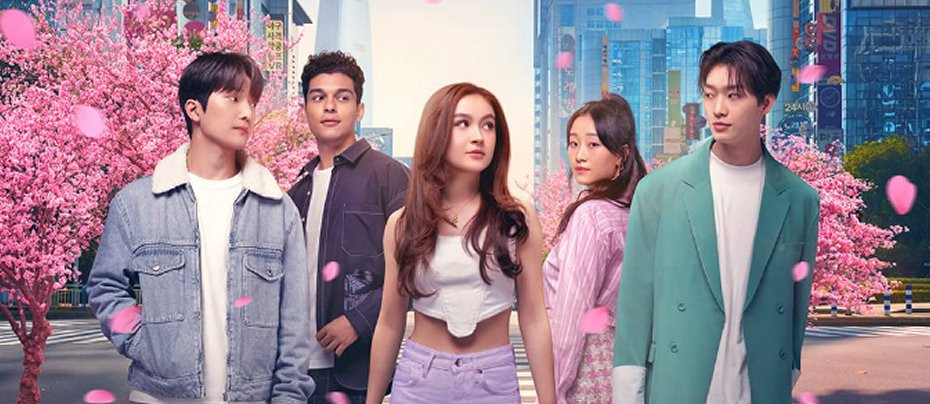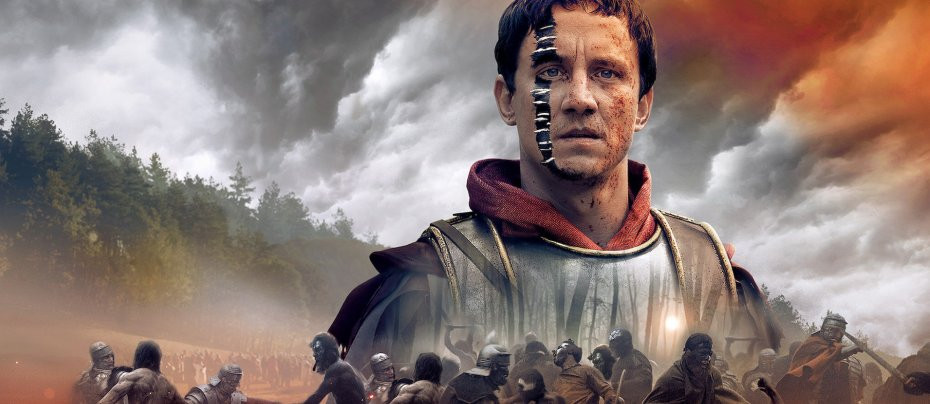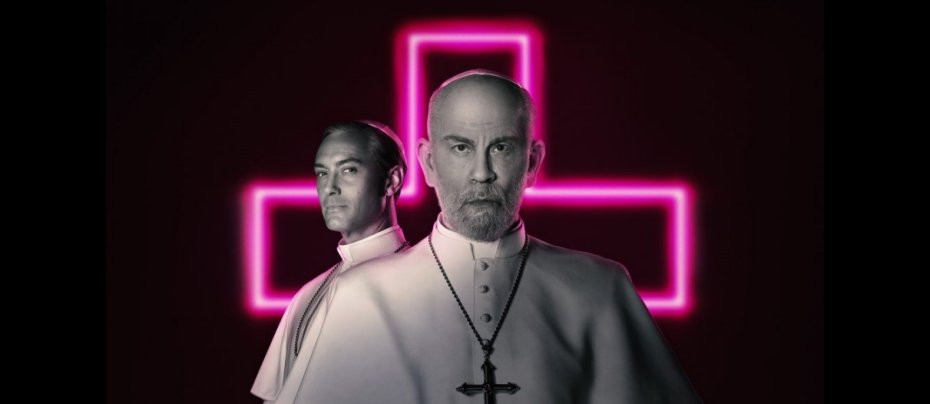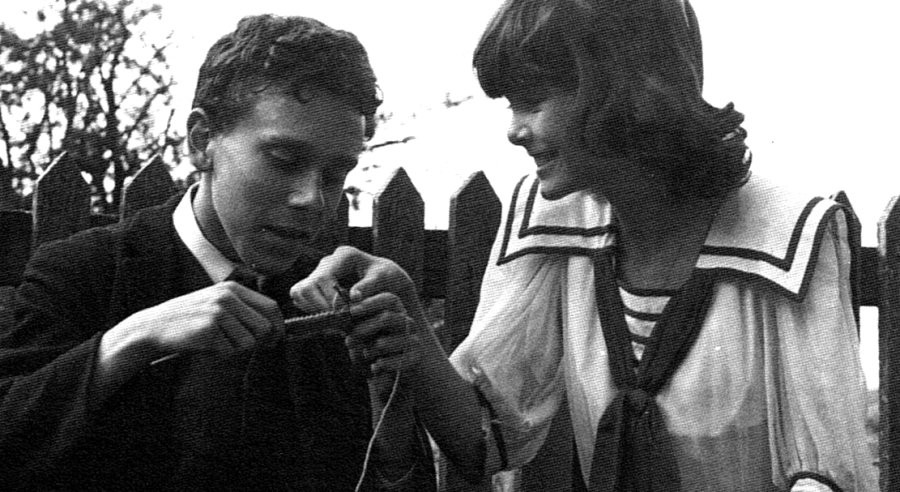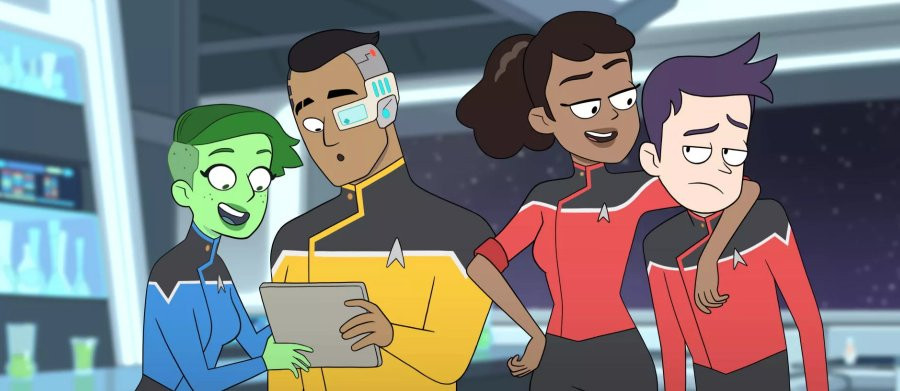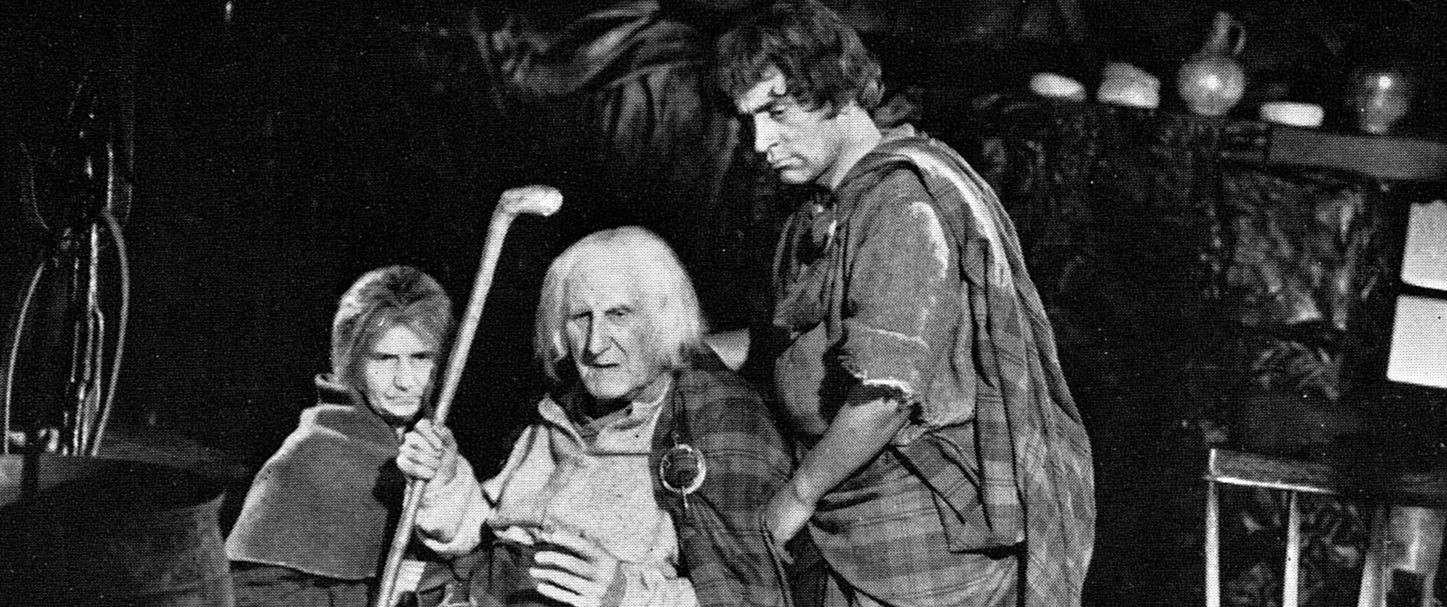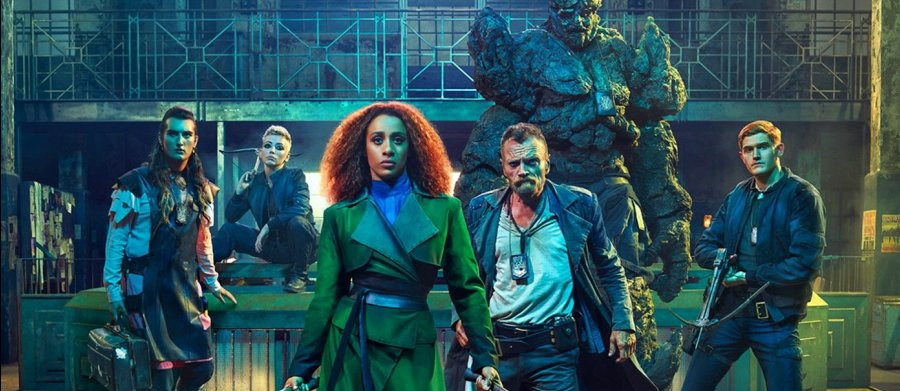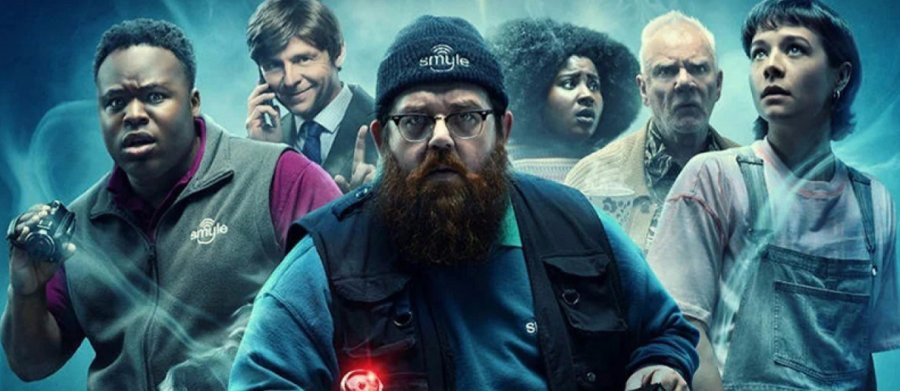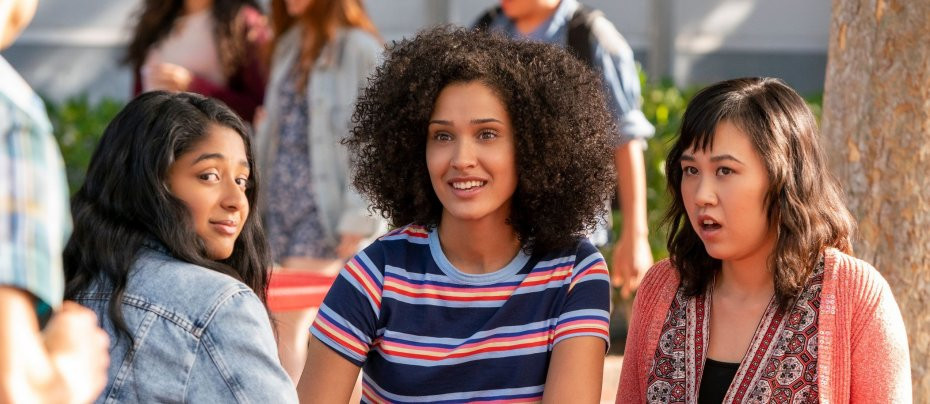
Never Have I Ever
2020 - United StatesComedy aside, the show does a great job with its sensitive examinations of grief, sexuality, and mental health.
Never Have I Ever review by Jennifer AJ
High school is never easy. Especially when you’re an unpopular nerd pining for the school’s #1 heartthrob and your dad died in the middle of the school recital. This is Devi Vishwakumar’s life. But the overachiever that she is, Devi will do everything to overcome it all in this coming-of-age comedy created by Mindy Kaling.
Newcomer Maitreyi Ramakrishnan plays Devi excellently, a straight-A student with a huge anger problem and questionable decision-making skills. After losing her father, Devi copes by channelling all her energy to finally losing her virginity to the hottest guy in school, Paxton Hall-Yoshida (Darren Barnet) – even if the latter doesn’t know she exists. Devi’s brash new attitude gets her in trouble with her stern mother Nalini (Poorna Jagannathan) and poses a challenge to her top student position, one she’s constantly competing for against arch nemesis Ben Gross (Jaren Lewison).
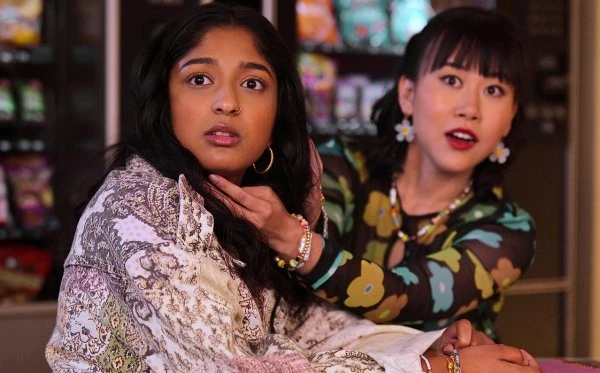
Immediately, chaotic energy jumps out of Never Have I Ever – in a good way. It’s in the quippy, firecracker dialogues. It’s in the brisk pacing and sunny visuals. It’s in the high count of hijinks. The jokes are fresh and very of-the-moment for adolescents. Unlike the weirdly overmature teens of Euphoria, these kids act like dumb sixteen-year-olds, as they should.
Notably, this is also the rare high school comedy where school actually matters. Stuff like earning good grades, acing extracurricular activities, or failing college admissions are actually treated as real stakes instead of an aside. They’re also baked into the characters’ growths, even if they don’t always go about it the right way. Like all the times Devi and Ben bicker over their academic prowesses or Paxton is forced to study hard after losing a college athlete scholarship. It’s odd to see school prioritized in a school-set series, who woulda thought?
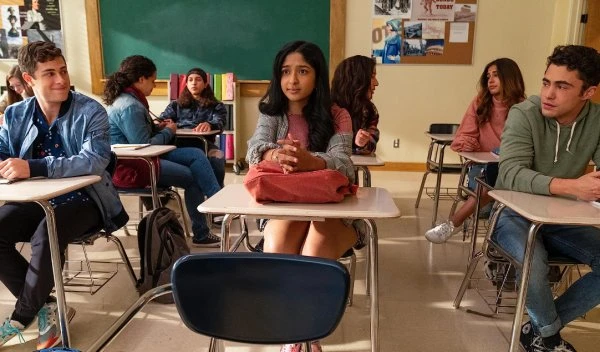
Comedy aside, the show does a great job with its sensitive examinations of grief, sexuality, and mental health. Devi exhibits a lot of red flag behaviours but is punished for them, her one-step forward-two-steps-back progress shows that maturity isn’t a straight line. That’s why Devi’s therapy sessions are often the highlights of the show, offering some sage wisdom laced with the show’s contemporary lingo. Side note: it always amuses me that the show is narrated by John McEnroe - 80’s tennis star best remembered for his explosive tantrums - though it immediately makes sense once you see Devi launch into one of her tirades. What a sly choice.
The series is also notable for featuring a South Asian lead actress and a South Asian immigrant family in a major comedy show. It thankfully handles the representations well, without any cloying sentiment. In fact, Kaling’s singular vision truly shapes Devi’s journey as a deeply personal quasi-autobiographical story. Kaling’s fingerprints are all over NHIE: her penchant for bickering enemies-to-lovers romance, pop-culture laden dialogues, even details lifted from her own life, like her main character going to an Ivy League college and a parent being a doctor.
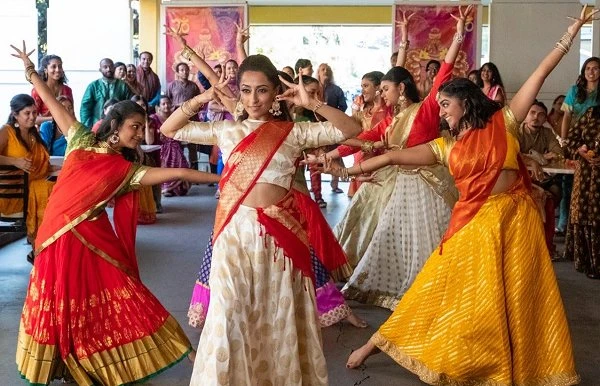
NHIE is a flashy show, everything is so dramatic as befits Devi’s flashy personality. Yet it tackles real-world Gen Z problems with surprising nuance, making it a pretty perfect teen show that actually depicts the average teen’s life.
Catch all 4 seasons of NHIE on Netflix.
Seen this show? How do you rate it?
Seen this show? How do you rate it?
Published on July 3rd, 2023. Written by Jennifer Ariesta for Television Heaven.


